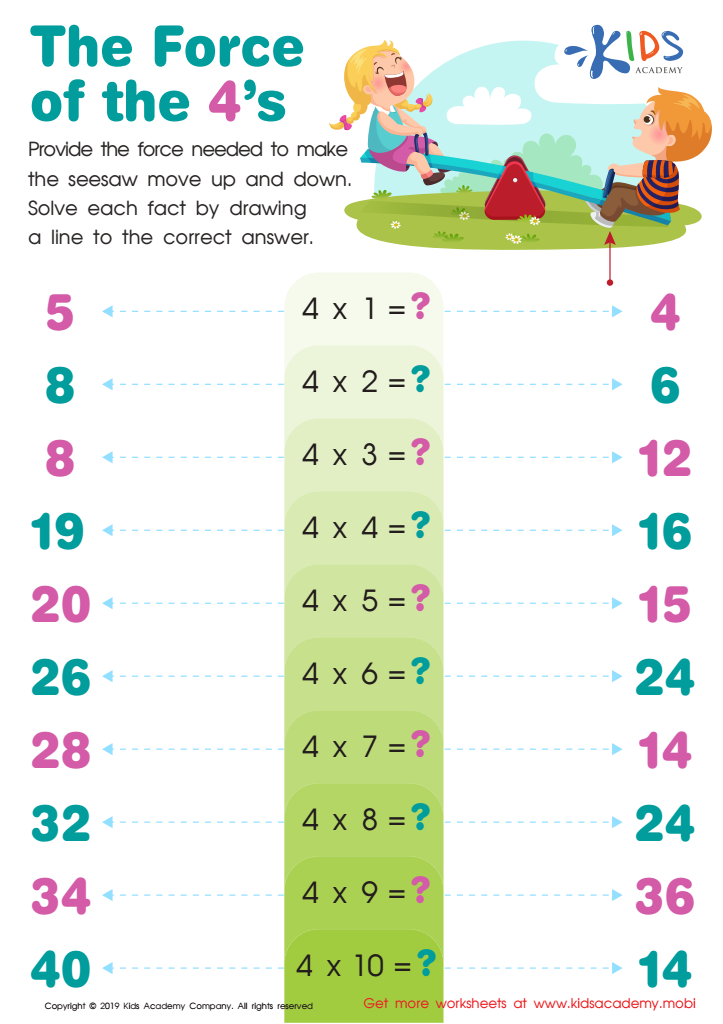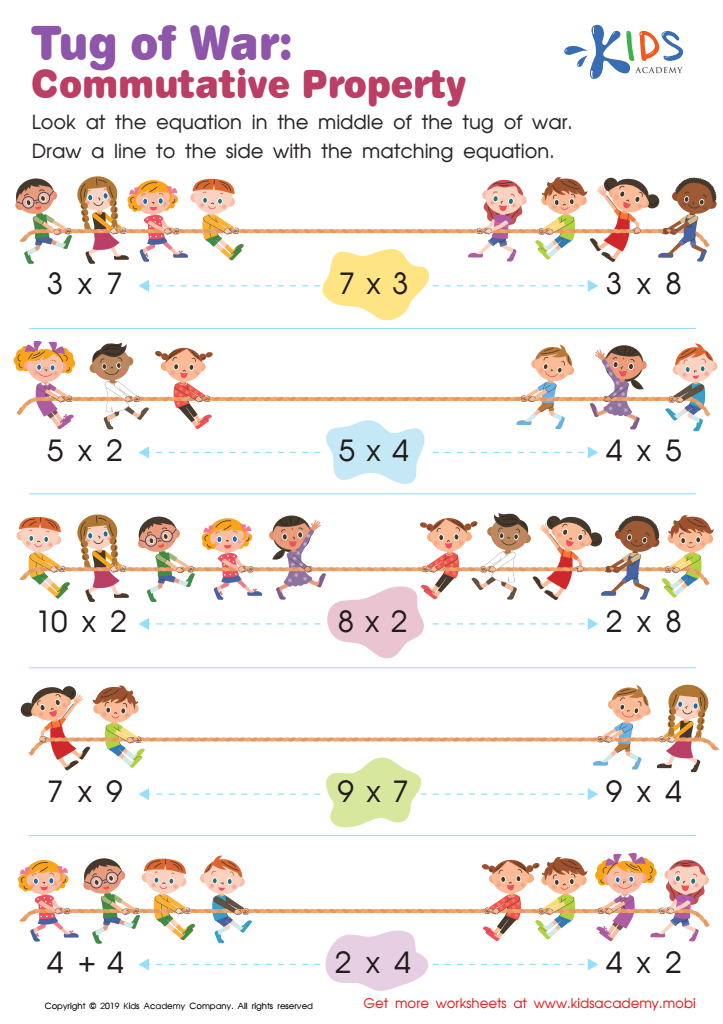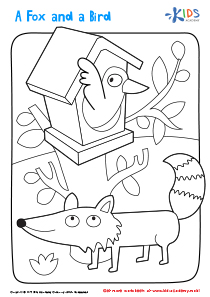Easy Sorting worksheets activities for Ages 8-9
2 filtered results
-
From - To


The Force of the 4's Worksheet


Tug of War: Commutative Property Worksheet
Easy Sorting worksheets activities are an invaluable tool for early childhood education, offering a unique blend of learning and fun. These activities are designed to introduce young learners to the concept of categorization and classification, key skills that underpin much of our reasoning and organizational abilities. There are several compelling reasons why Easy Sorting worksheets activities are particularly useful in an educational setting.
Firstly, Easy Sorting worksheets activities are highly engaging. Children are naturally curious, and these activities feed into their desire to understand the world around them by grouping objects or ideas based on common attributes. This not only keeps them engaged but also makes the learning process enjoyable and interesting.
Secondly, these activities are foundational for cognitive development. Sorting requires children to observe, compare, and contrast different objects, which enhances their observational skills and attention to detail. It also promotes critical thinking and problem-solving abilities as children decide on the basis of sorting and encounter objects that may fit into multiple categories.
Moreover, Easy Sorting worksheets activities are versatile. They can be adapted to suit a wide range of subjects, from sorting animals by habitat in science to categorizing words by their parts of speech in language arts. This versatility means that sorting activities can reinforce learning across the curriculum, making them an invaluable tool for integrated learning.
Furthermore, these activities are accessible to children of all abilities. Easy Sorting worksheets can be simplified for younger children or made more complex for older students, ensuring that all learners can benefit from and be challenged by the task. This adaptability also means that these activities can be used to support individual learning needs, making them an excellent resource for inclusive education.
In conclusion, Easy Sorting worksheets activities offer a blend of engagement, cognitive development, versatility, and accessibility, making them a cornerstone of effective early learning. They not only help children develop important skills in a fun and interactive way but also lay the groundwork for more complex reasoning and organizational skills later in life.
 Assign to the classroom
Assign to the classroom










